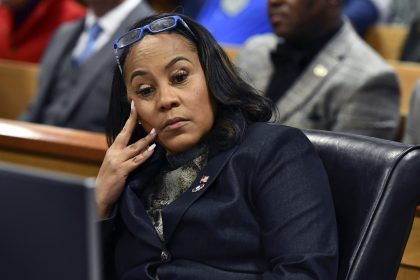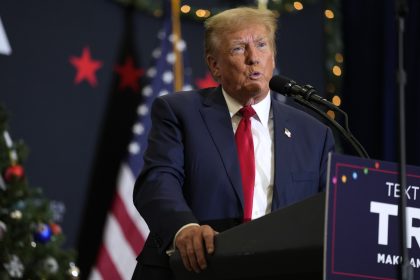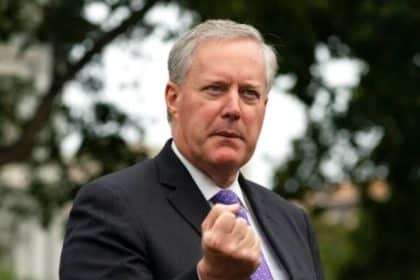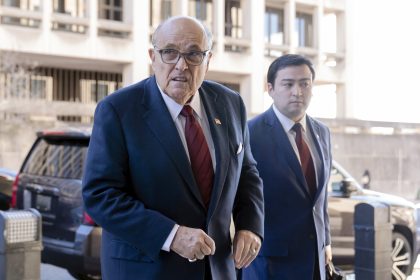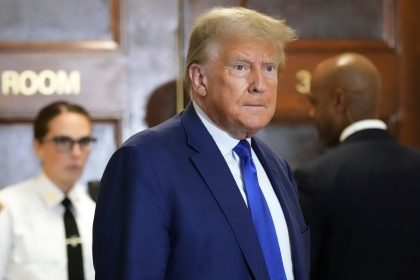Party Divisions Evident in Congress Over Expanded Use of Absentee Ballots
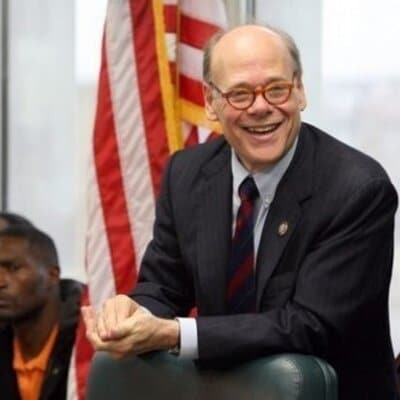
WASHINGTON – A congressional subcommittee on Wednesday threw itself into the growing controversy over absentee voting as a safeguard against coronavirus.
Democrats and Republicans agreed voters should not need to risk their lives at polling places by exposing themselves to carriers of the deadly disease.
They disagreed on whether the risk is great enough to ease restrictions on absentee voting.
They also disagreed about whether voting by mail increases the risk of voter fraud.
“States are being faced with a choice,” said Rep. Steve Cohen, a Tennessee Democrat.
“Will they adapt to this new reality and ensure that everyone can vote safely in November or will they fail to act in the face of this historic challenge?”
A leading proposal for expanding absentee ballots is found in the latest version of the Heroes Act, a $3 trillion economic stimulus bill that passed the House of Representatives last month. It would allocate $3.6 billion to states to pay for early voting, wider use of the mail-in ballots and social distancing protections at polling places.
Most of the money would be used for the upcoming federal election in November.
Cohen, who chairs the House Judiciary subcommittee on the Constitution and civil justice, supports the Heroes Act.
However, it faces stiff opposition in the Senate, where some Republicans have described it as “dead on arrival.”
“We must ensure that all Americans eligible to vote can do it by mail if they want,” Cohen said. “They shouldn’t have to go through endless bureaucratic hurdles to do it.”
Currently, many states require an excuse, such as a provable disability or illness, to qualify for absentee ballots that can be mailed to election officials. Typically state laws require a witness to vouch for a voter’s inability to vote in person.
Unlike in-person voting that requires proof of identity at polling places, election officials have difficulty proving that a ballot submitted by mail was completed by the voter.
Nearly 30 states have changed rules to varying degrees to allow more absentee ballots for this year’s primaries or the general election. Eight states and the District of Columbia held their primaries on Tuesday.
Without expanded access to voting through absentee ballots, “it will have a disproportionate impact on voters of color,” Cohen said.
African-Americans and Latinos are disproportionately affected by coronavirus, meaning they are most likely to avoid voting in person, according to Democrats.
Cohen also cast doubt on President Donald Trump’s statements that more absentee ballots would lead to greater voter fraud. Instead, Trump is trying to take away any advantage that Democrats might win through wider absentee voting, he said.
“He’s not thinking about fraud,” Cohen said. “He’s thinking about politics.”
Rep. Mike Johnson, a Louisiana Republican, disagreed, saying Democratic proposals for more mail-in votes are not “in the best interest of maintaining the integrity of our election system.”
Voter fraud that already exists as a problem would only be exacerbated by more absentee ballots, he said.
In some states, “Voter registration rolls outnumber the actual number of citizens in that state,” Johnson said. “There’s too much at risk.”
He quoted the 2005 report from the Bipartisan Commission on Federal Election Reform that concluded, “Absentee ballots remain the largest source of potential voter fraud in American elections.”
Increasing access to absentee ballots now could set a precedent for other elections, resulting in most of the nation’s voters mailing in their ballots, he said.
Expert witnesses at the hearing Wednesday split along lines similar to Republicans and Democrats.
Tom Fitton, president of the conservative government transparency advocacy group Judicial Watch, said, “I think absentee ballots are too readily available.”
Stacey Abrams, chairwoman of the voter advocacy group Fair Fight, said that in-person voting ignores the risk of virus infection. She mentioned the example of an April 7 vote in Wisconsin that resulted in 71 coronavirus infections.
Many voters would rather stay at home than risk getting sick by voting in-person, she said.
“The challenge is the access,” Abrams said.



















